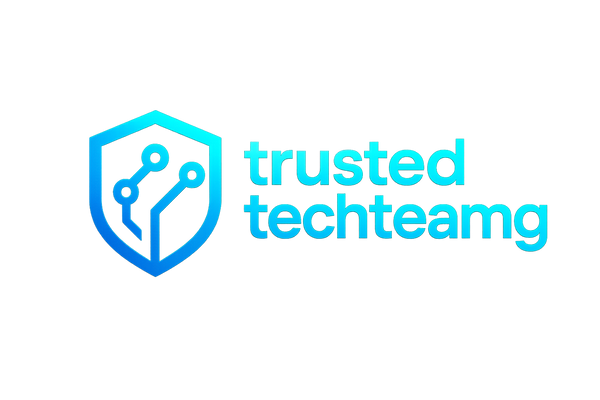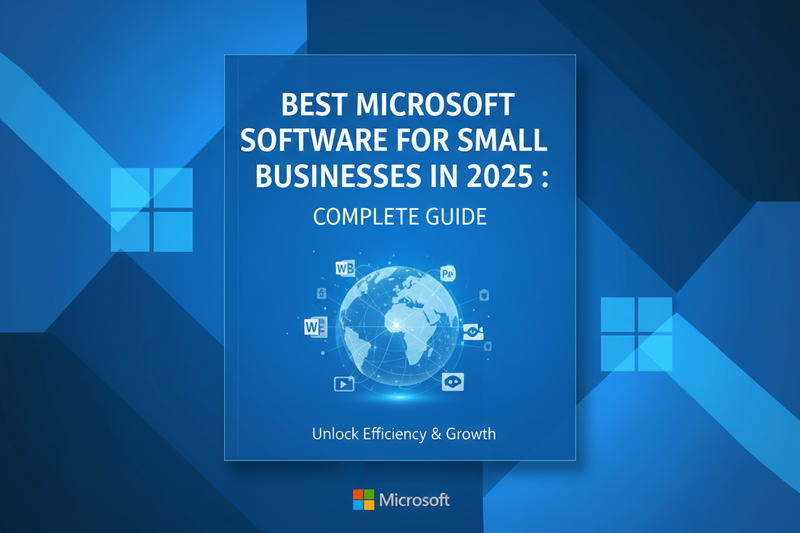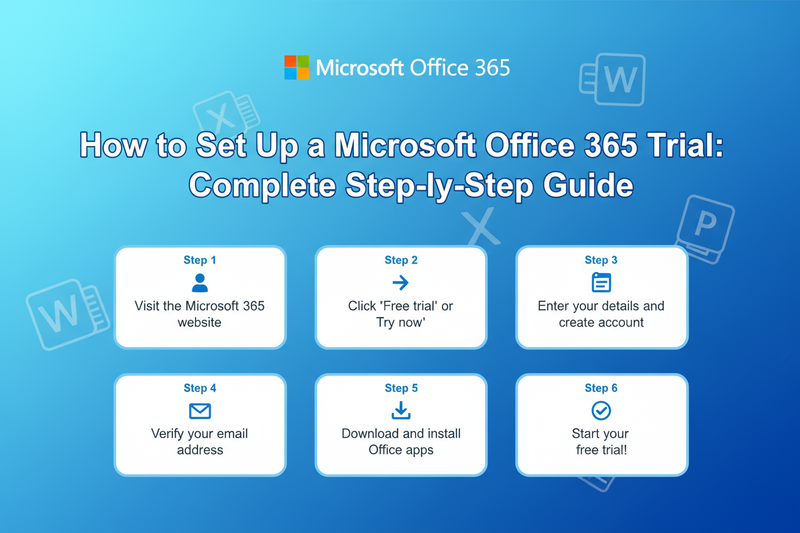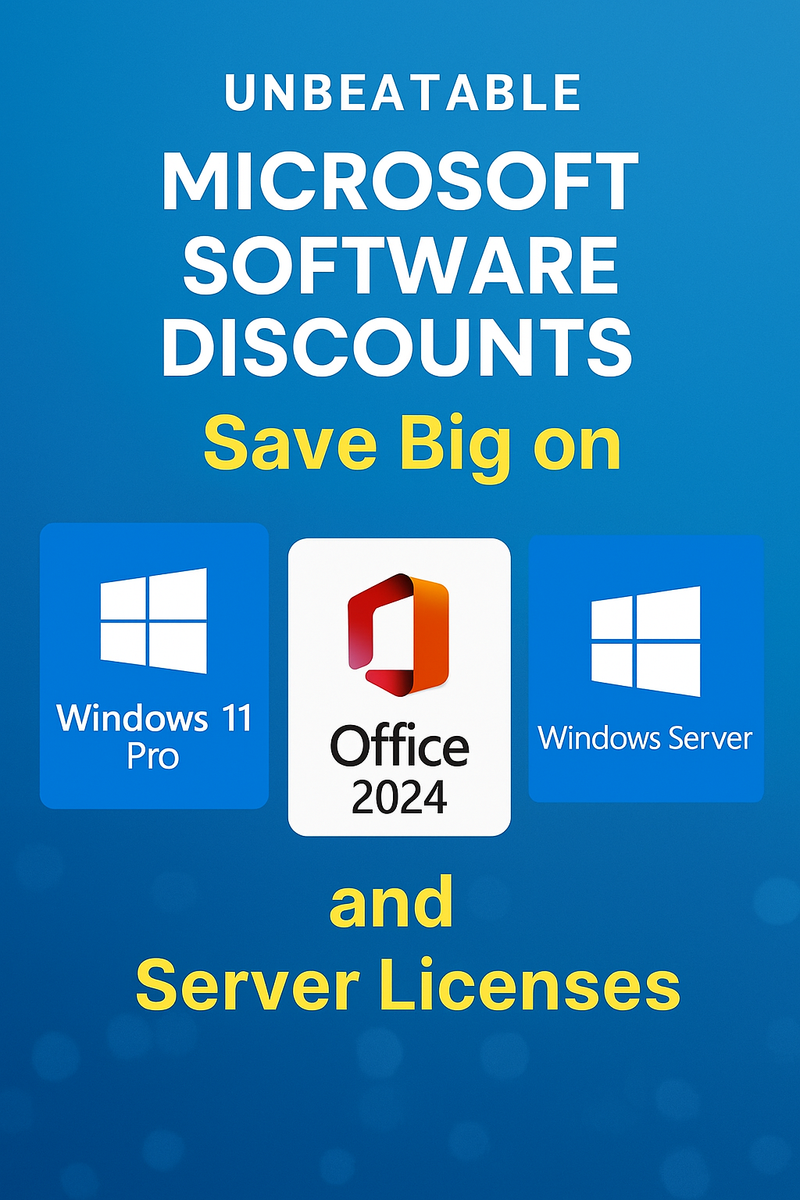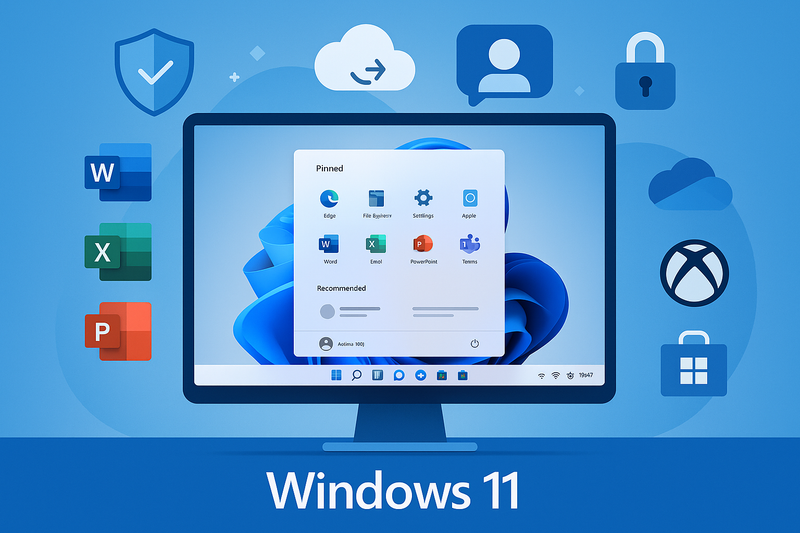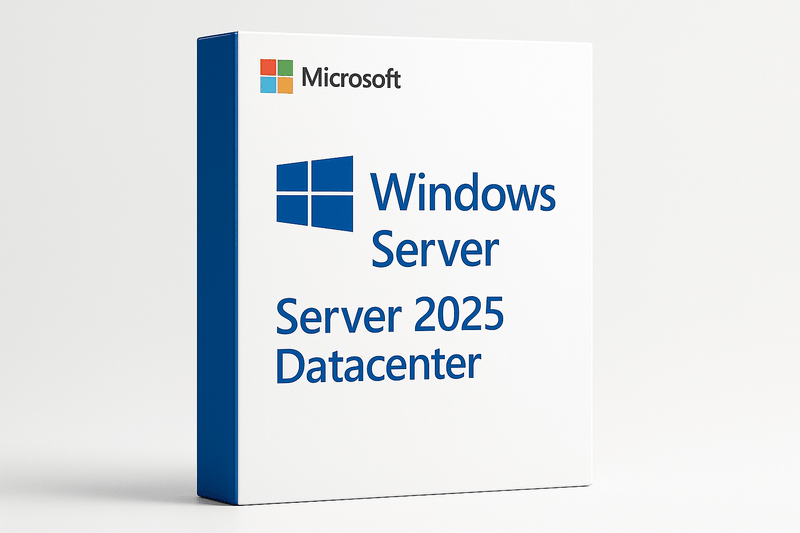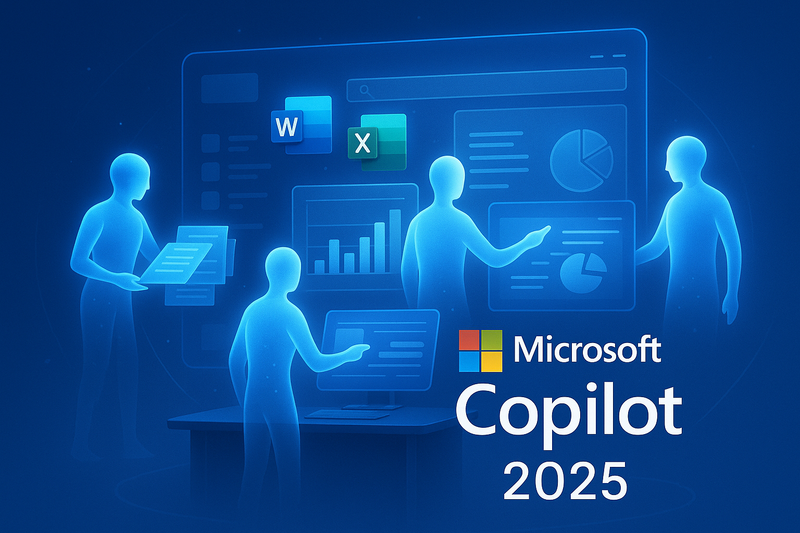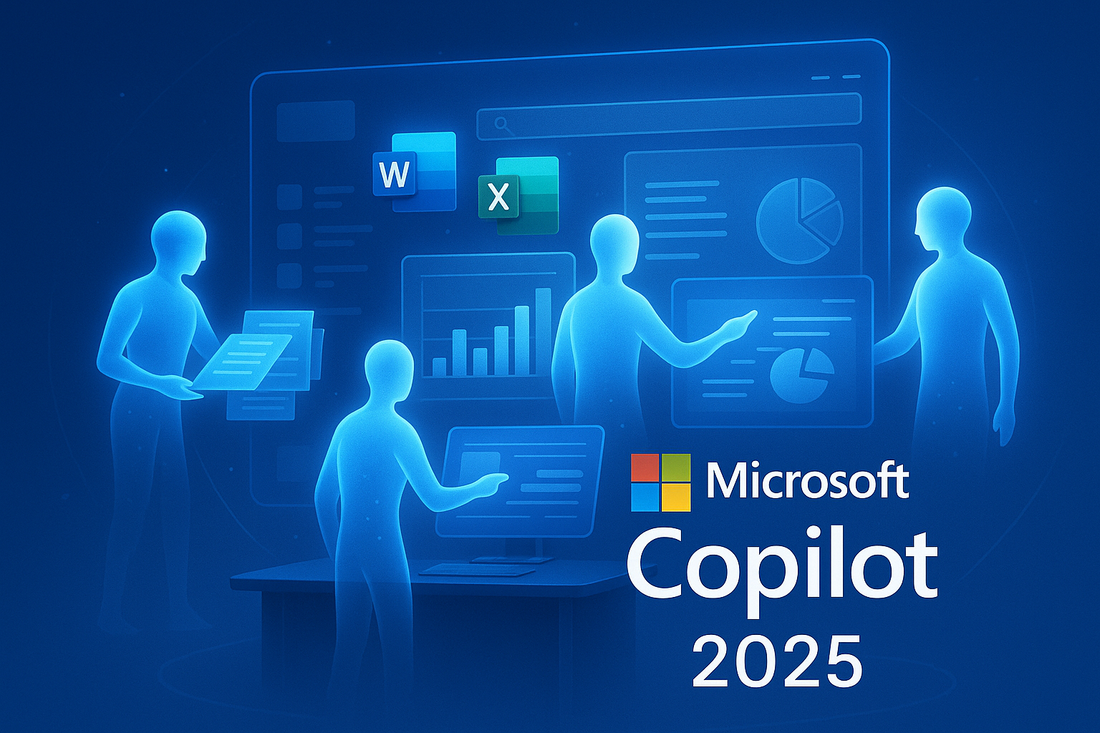
Microsoft Copilot 2025: How Agent-Based AI is Transforming Office and Windows
Microsoft Copilot 2025: How Agent-Based AI is Transforming Office and Windows
Introduction
In 2025, Microsoft has moved beyond simply embedding AI chat into its apps. With Copilot 2025, the company is embracing agent-based AI — a system of specialized, task-focused assistants that work across Microsoft 365 and Windows. This shift turns Copilot from a productivity helper into a full platform for business automation.
What is Agent-Based AI?
Instead of one general assistant, agent-based AI allows multiple mini-Copilots to focus on specific tasks. For example:
-
A Sales Copilot that drafts proposals and emails.
-
A Finance Copilot that checks spreadsheets for errors or anomalies.
-
A Support Copilot that summarizes customer tickets.
These agents can work alone or together, passing tasks between each other — while still being easy to monitor and manage.
Key Developments in 2025
1. Copilot Studio for Custom Agents
Businesses can now create their own agents with Copilot Studio, a low-code platform that lets IT teams design workflows, connect company data, and tune responses. This democratizes AI development — you don’t need a data science team to build an AI assistant.
2. Copilot Becomes a Platform
Microsoft is packaging industry-specific agents (sales, finance, service) into Office and Windows, while also opening an Agent Store. This means companies can add pre-built agents or build their own.
3. Copilot+ PCs and Windows Integration
Microsoft is working with PC makers to release Copilot+ PCs — laptops and desktops optimized with special AI chips (NPUs). These machines speed up tasks like:
-
AI-powered file search in Windows
-
Real-time video effects in Teams
-
Faster and more private on-device AI processing
4. Admin Tools and Governance
To keep AI safe and compliant, Microsoft has added new dashboards that let IT admins:
-
Approve or block agents
-
Track how they’re being used
-
Audit prompts and outputs
This governance is critical for industries like healthcare, finance, and government.
Benefits for Businesses
-
Save time: Automate repetitive office tasks.
-
Improve decisions: Combine data from Outlook, SharePoint, and Excel into clear reports.
-
Faster onboarding: Pre-built industry agents speed up adoption.
Challenges to Watch
-
Trust: AI sometimes generates wrong answers — human oversight is still required.
-
Governance: Mismanaged agents could expose data or cause compliance issues.
-
Evolving ecosystem: Microsoft is adding models from different AI providers, which may affect pricing and performance.
Getting Started with Copilot 2025
-
Identify repetitive workflows in your team.
-
Test a small custom agent in Copilot Studio.
-
Set governance policies before company-wide rollout.
-
Measure ROI — track hours saved, employee adoption, and quality of results.
FAQ
Q: What is a Copilot agent?
A Copilot agent is a specialized AI assistant that focuses on one task, like drafting reports or analyzing spreadsheets.
Q: Can I build my own agents?
Yes. Copilot Studio lets you create custom agents with little coding experience.
Q: Do I need special hardware?
Copilot works on regular PCs and Macs, but Copilot+ PCs give faster performance and private, on-device AI.
Q: Is Copilot safe for enterprise use?
Yes — Microsoft provides governance tools so admins can control, audit, and monitor agents.
Q: How much does it cost?
Pricing varies by Microsoft 365 plan. In the U.S., most enterprise Copilot features are add-ons, while consumer versions are bundled into Office subscriptions.
